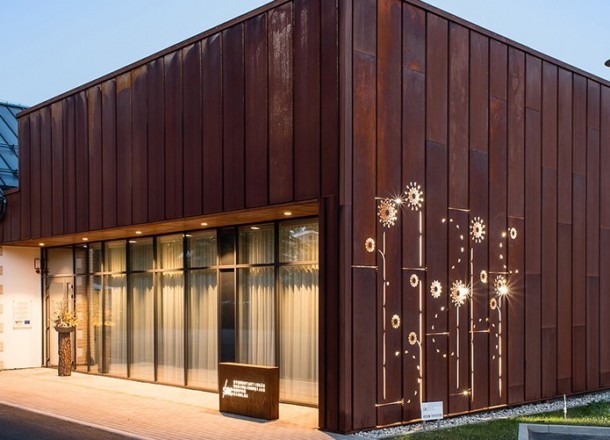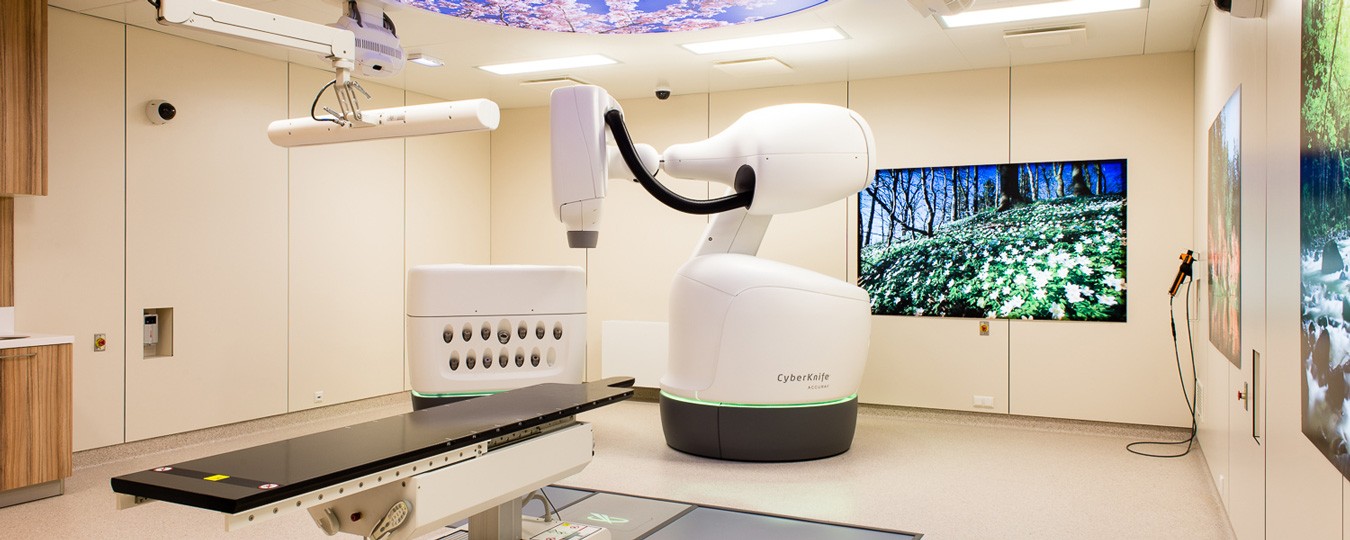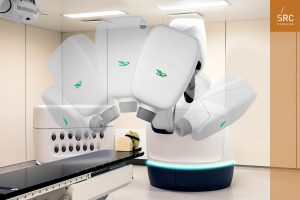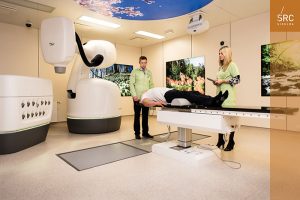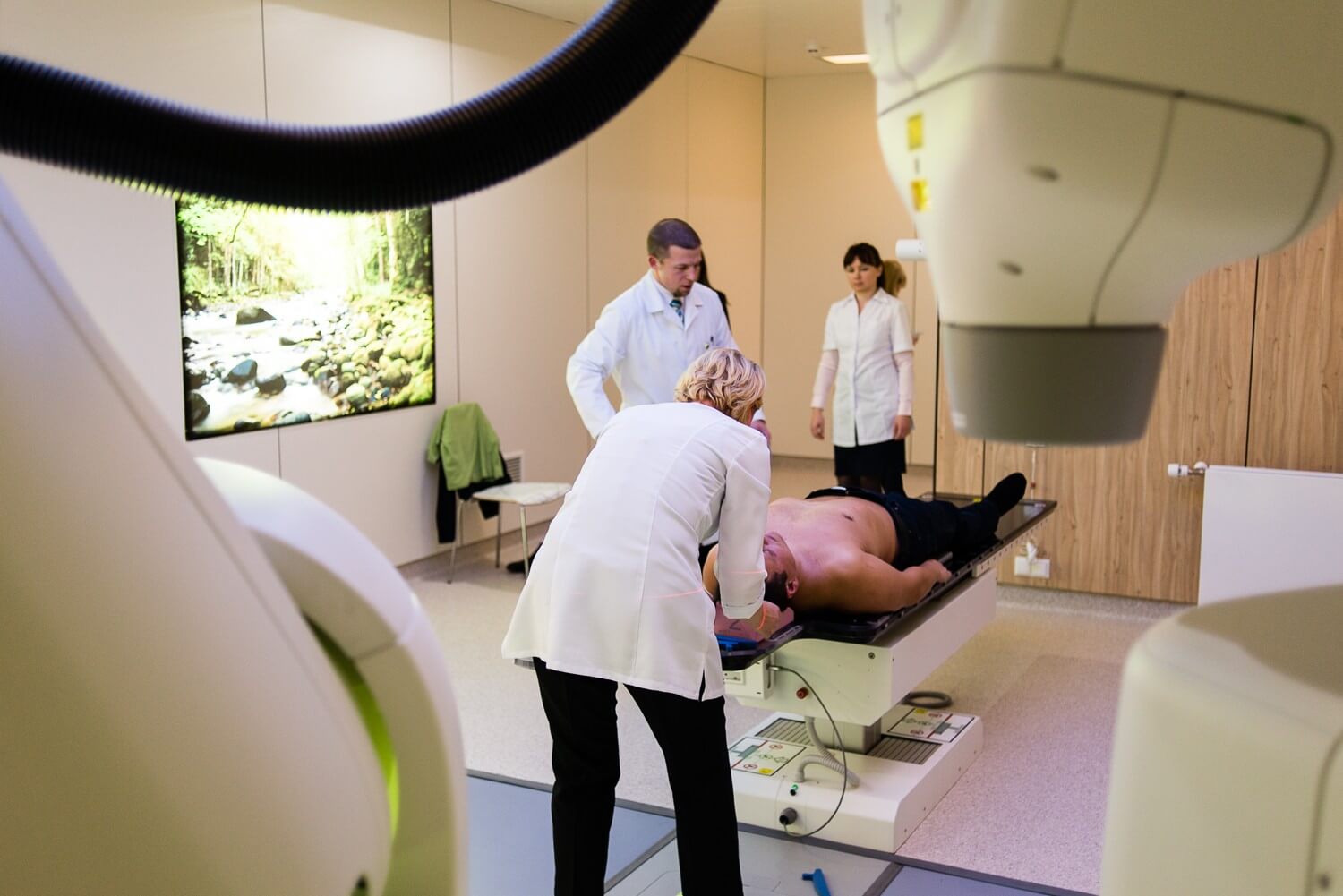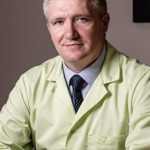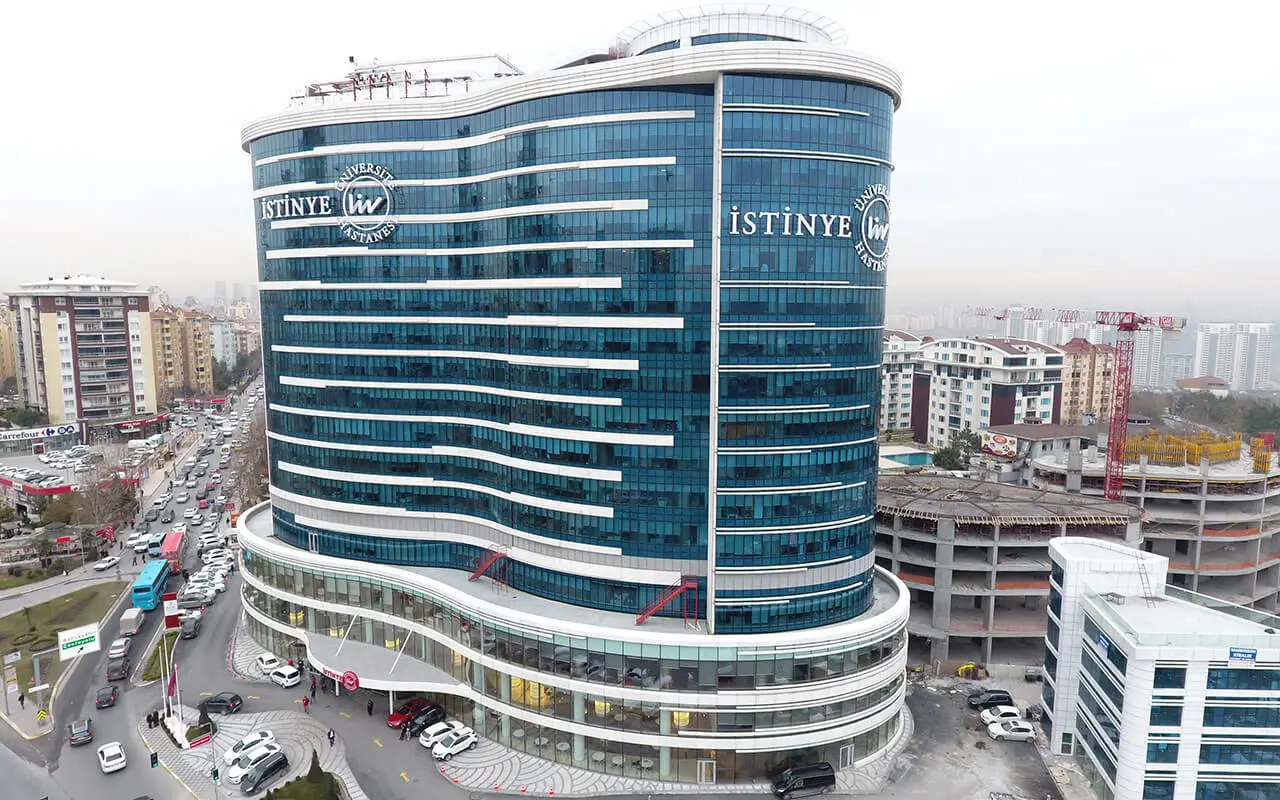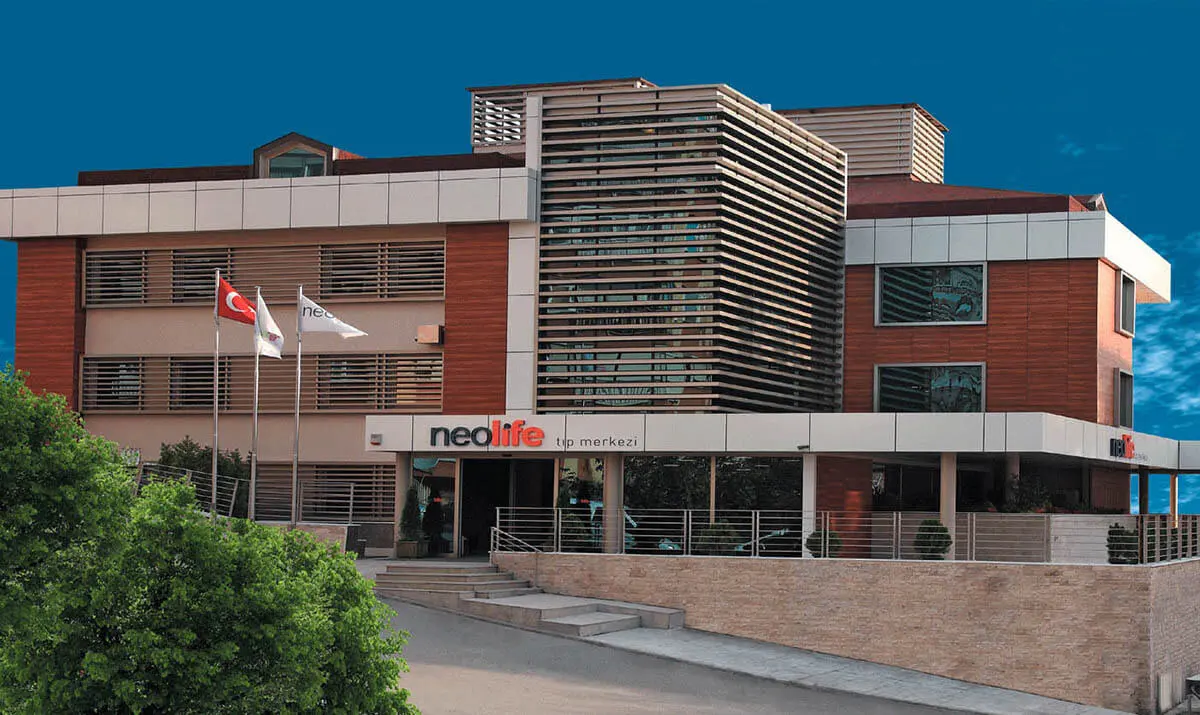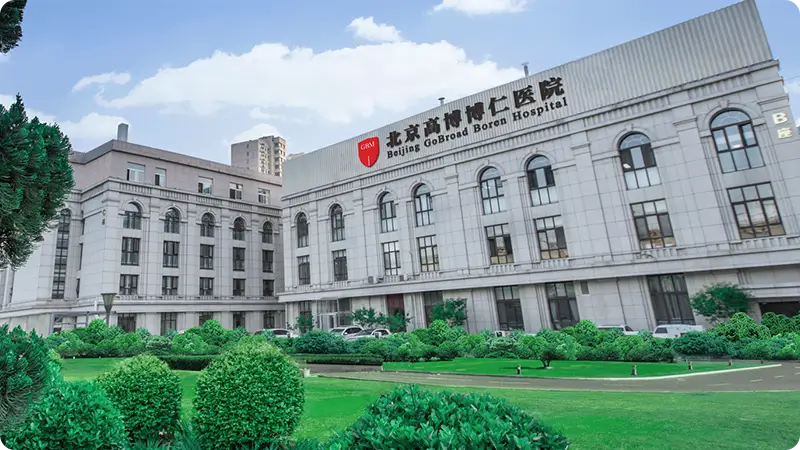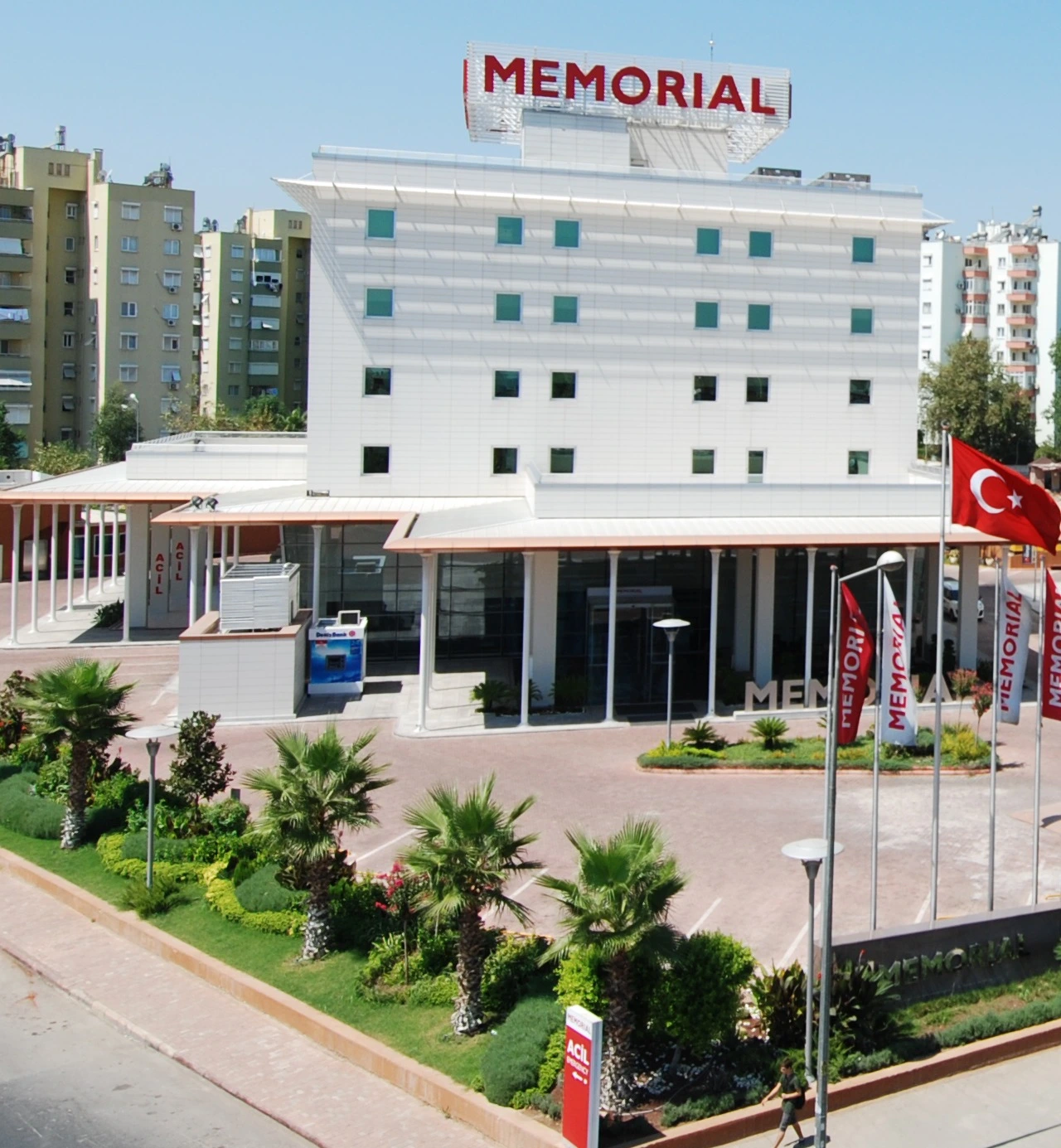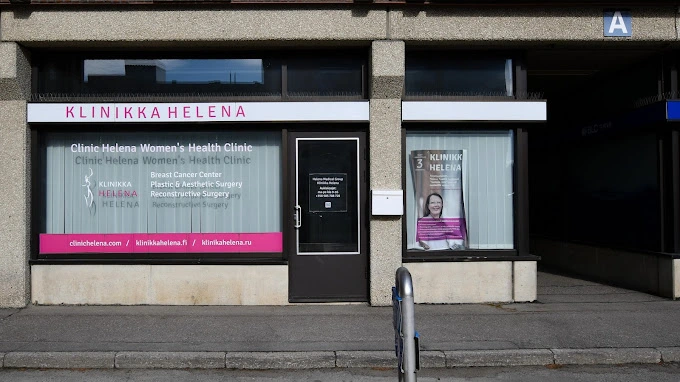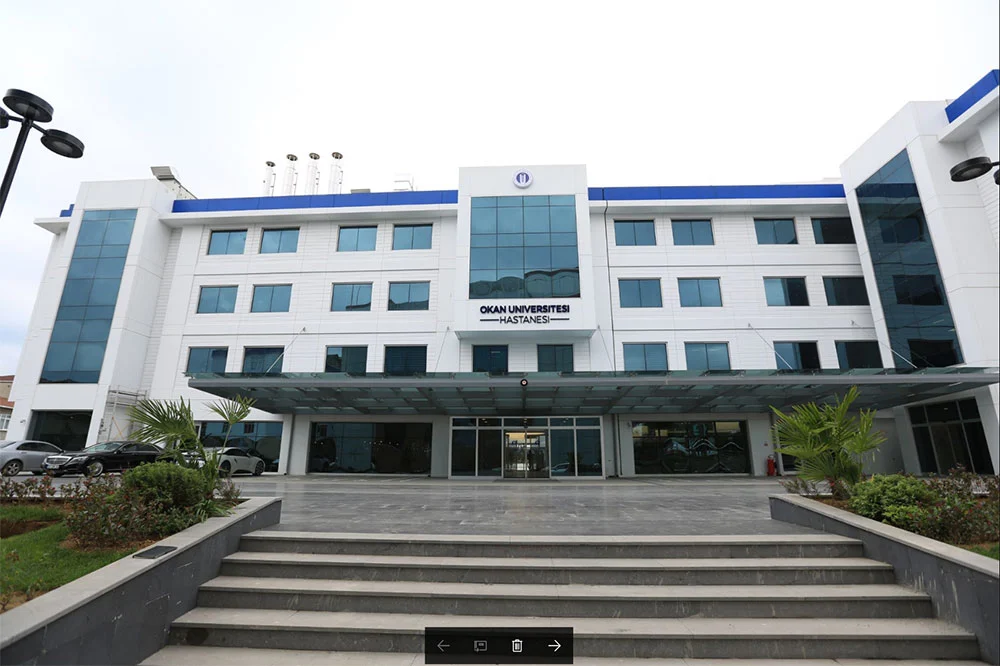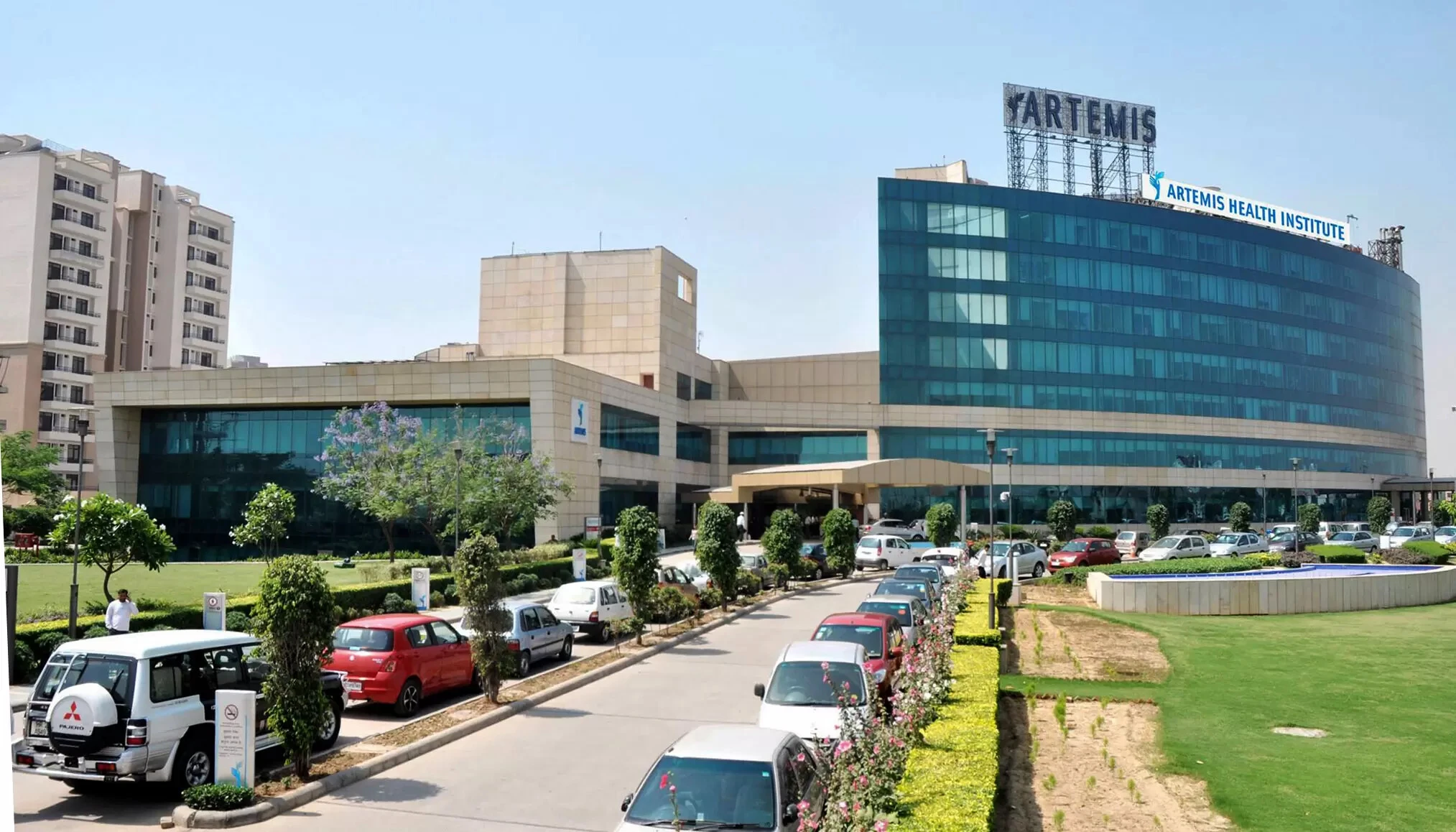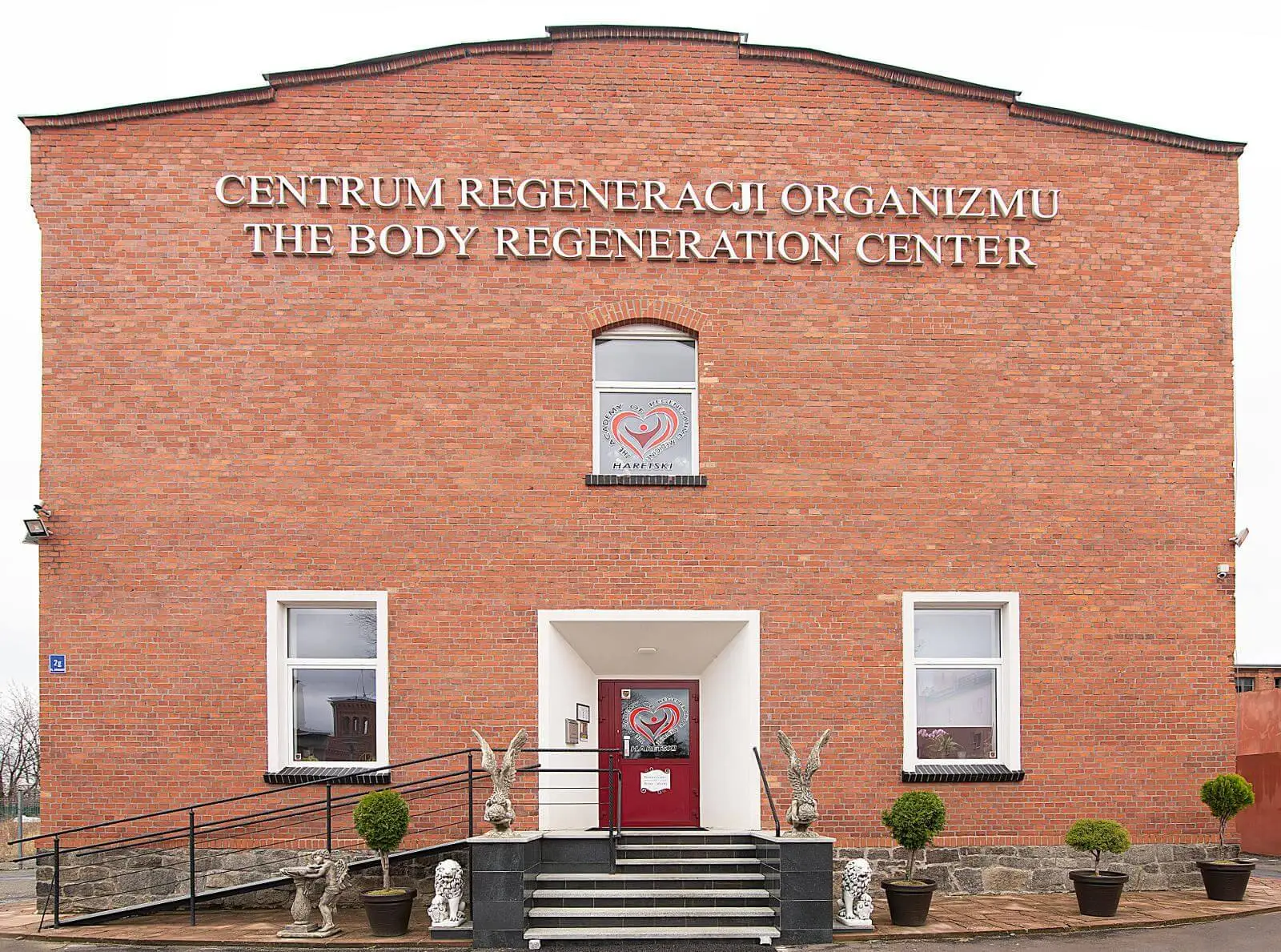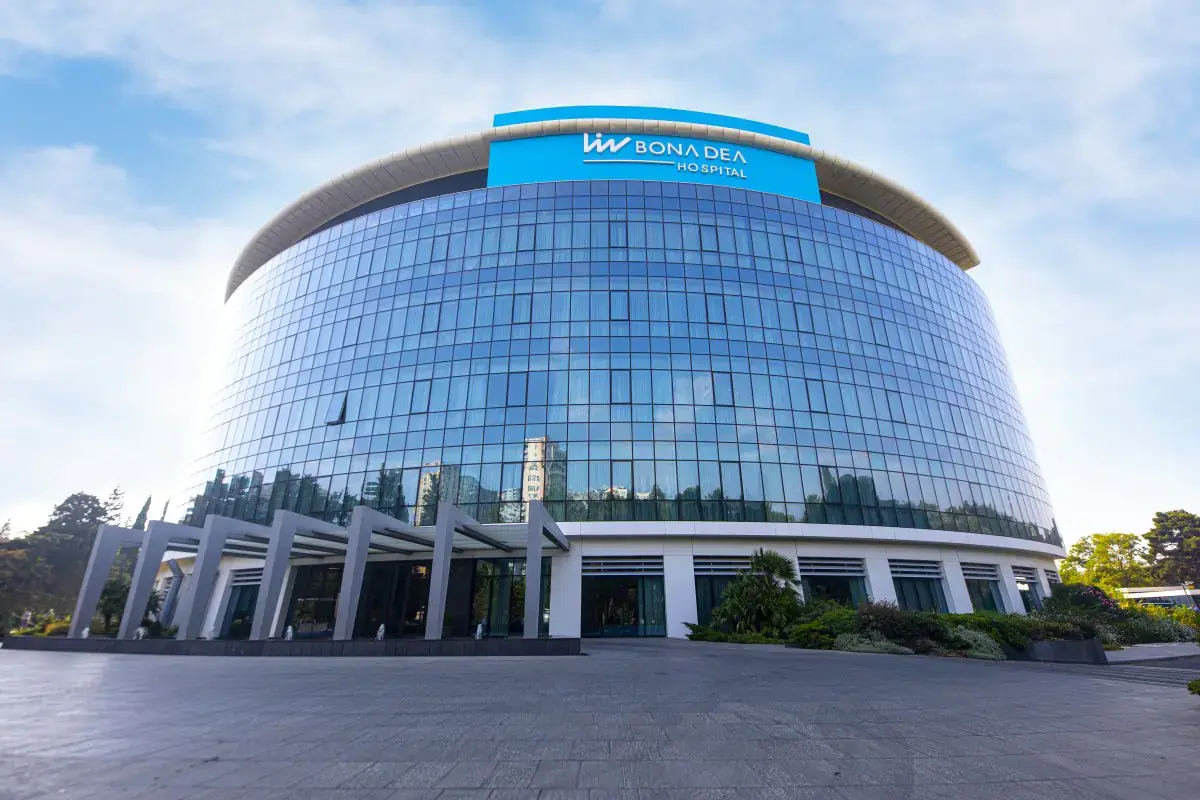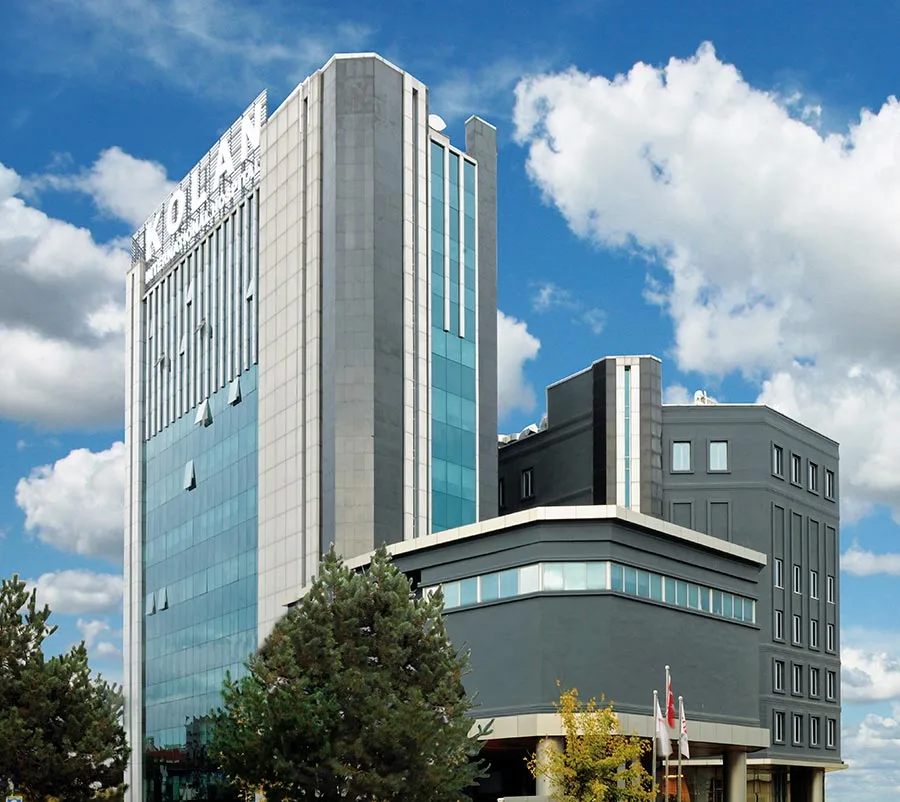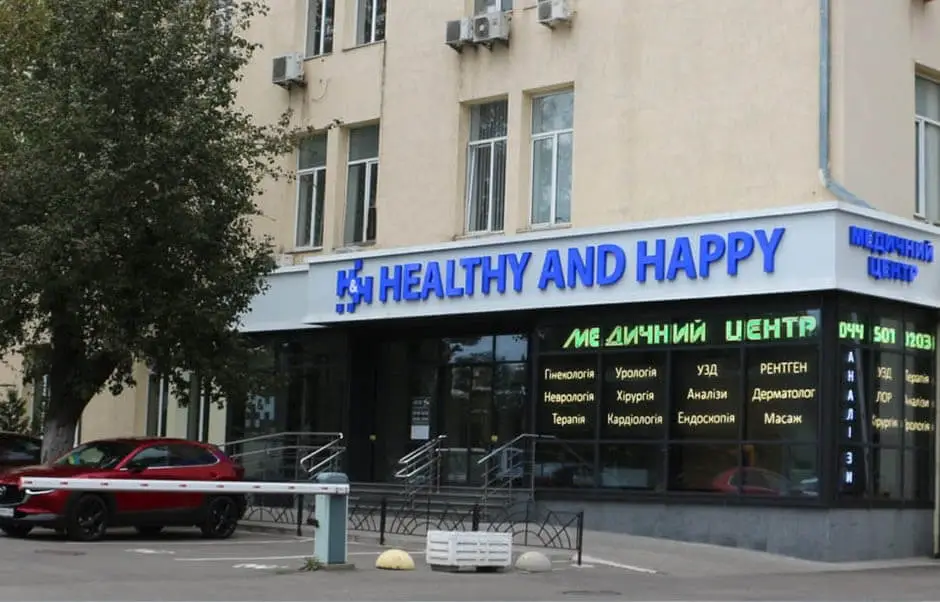The main advantages of the Sigulda radiosurgery center
Sigulda radiosurgery center attracts patients from all over the world thanks to the following advantages:
- The clinic’s specialists are the best radiosurgery experts in Latvia;
- Experienced staff provide patients with quality care and attention;
- Guarantee of a safe visit and stay at the center during a coronavirus pandemic;
- Comfortable and modern rooms;
- Serving foreign patients: assistance in obtaining visas, finding accommodation, transfer;
- Individual approach and selection of the examination and therapy plan that is the best for each patient;
- High-precision innovative equipment for complex radiosurgical treatment of patients with cancer;
- Placing the center away from the bustle of the city contributes to a quick and calm postoperative period.
Innovative technology CyberKnife M6
The center’s specialists provide effective non-invasive treatment of malignant and benign tumors. The clinic is known throughout Europe and beyond thanks to the modern technology CyberKnife M6.
The Radiosurgery Center is certified by Accuray (USA), a CyberKnife manufacturer. The technicians working on the equipment are also Accuray certified.
CyberKnife, developed in 1990, is the only non-invasive, robot-controlled radiosurgery system for irradiating tumors with submillimeter precision anywhere in the body. The two main components of the system are a small linear particle accelerator and a robotic arm. Thus, the irradiation is directed to the indicated anatomical site from different angles with the possibility of immediate repositioning. With X-ray imaging, CyberKnife can accurately target tumors and other formations. As a result of tumors or metastases in highly sensitive areas of the body, such as the brain, liver, lungs, spine and prostate gland, it is possible to irradiate with greater safety and protect the surrounding healthy tissue as much as possible.
The main advantages of CyberKnife M6
Radiologists highlight the following main advantages of the CyberKnife M6:
- Painless treatment of head tumors;
- Treatment that is gentle on healthy tissues;
- No surgical intervention;
- With minimal risk of complications;
- Treatment of inoperable tumors in hard-to-reach places;
- Comfortable state of health during the procedure;
- The CyberKnife system adapts to the rhythm of breathing and body movements;
- Short total treatment time;
- The opportunity to go home immediately after the procedure.
What is treated with the CyberKnife system?
Doctors use CyberKnife to treat the following pathologies:
- Benign brain tumors (neuroma of the auditory nerves, meningioma, pituitary adenoma);
- Malignant tumors (astrocytoma, oligodendroglioma, grade I-II ependymoma, craniopharyngioma, hemangioma, hemangioblastoma);
- Pathological vascular formations (cavernoma, angioma, arteriovenous malformation);
- Metastases of neoplasms of the brain (to the organs of the chest, lungs, intestines, prostate gland, kidneys);
- Tumors of the eyes (meningioma of the membranes and glioma of the optic nerve);
- Trigeminal neuralgia;
- Tumors of the head and neck (primary cancer of the throat and vocal cords);
- Primary tumors of the spine and spinal cord (neurinoma, hemangioma, meningioma, ependymoma);
- Metastases (1-4 metastases) to the bone, spine, chest;
- Peripheral or central non-small cell lung cancer;
- Lung metastases from tumor localized in other organs;
- Primary liver cancer and metastases;
- Pancreatic carcinoma;
- Kidney cancer or single metastases (1-4 metastases);
- Primary prostate cancer;
- Cancer recurrence or metastatic prostate cancer (1-4 metastases).
Clinic work during the COVID-19 pandemic
Sigulda clinic specialists attach particular importance to the safety of their patients during the coronavirus epidemic. The risk of complications concerns cancer patients. They undergo chemotherapy courses at the same time, which have a significant effect on the immune system.
Considering the need for distance, the doctors of the radiosurgery center do not call their patients for an appointment without special need. Online examination is available at the Sigulda clinic. If the patient has indications for treatment, the doctor organizes an online consultation. The patient can discuss all aspects with the doctor, seeing him on the phone or computer screen.
To make it easier for the patients of the center to understand such a service system, a short training instruction has been created on how to get advice from a specialist at the Sigulda radiosurgery center. Also, the functions of the clinic’s website allow the patient to send all the necessary medical documents to their doctor.
